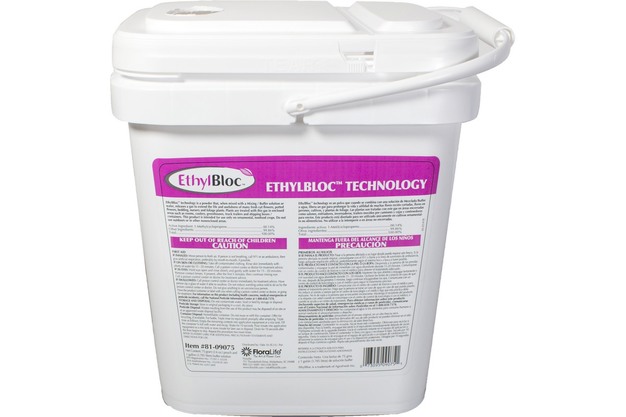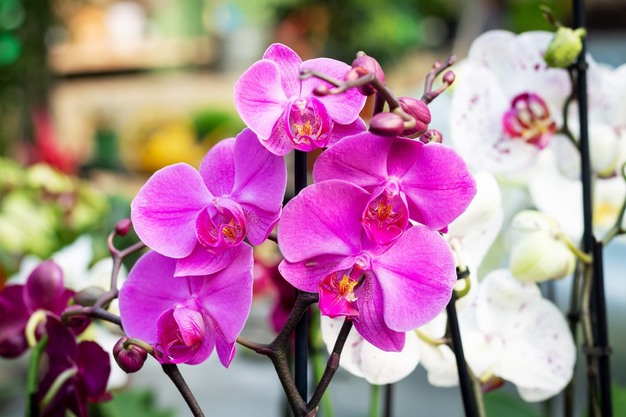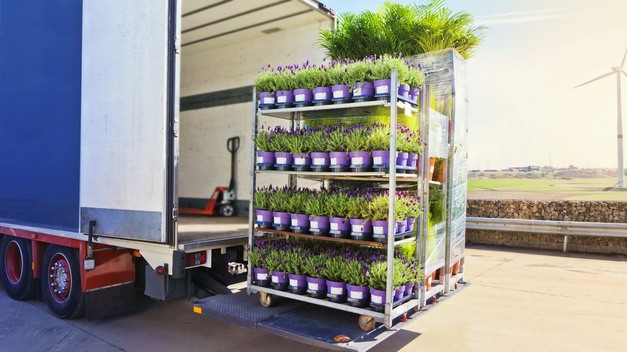As long as commercial horticulture has been around, supply chain partners have battled ethylene-induced damage and loss. Found in almost all flowers and plants, ethylene gas supports many good things, like flowering, fruiting, and ripening. But it's also behind premature deterioration. At Oasis Grower Solutions, they have been trying to find a solution to this and have found so with their EthylBloc™.

"From growers to retailers to end consumers, everyone suffers when ethylene hurts plant quality and shelf life, but with EthylBloc ethylene-action inhibitor, plants maintain their quality through transport, retail, and beyond. It has been a proven product for decades and is environmentally friendly, worker-safe, and EPA-approved."

In the past, the options for the horticulture and floriculture industry to circumvent ethylene-related shrink were limited at best. And equipment and conditions that define modern commercial production, transport, and storage add ethylene to the environment and amplify its negative impact. This makes delivering quality plants, flowers, vegetative cuttings, or bulbs even tougher.

"Through the years, anti-ethylene options have spanned ethylene scrubbers focused on the surrounding environment, products to inhibit ethylene production in plants, and products that inhibit ethylene's action. Commercial horticulture applications of products containing silver thiosulfate date back to the 1970s. But heavy metals such as silver have a set of problems all their own. Fortunately, not everyone was content with heavy-metal solutions to horticulture's ethylene problem. In the 1980s, industry-focused North Carolina State University (NCSU) researchers began studying ethylene, seeking new ways to minimize ethylene sensitivity and maintain plant and flower quality through retail sell-through to consumers' homes."
For more information:
Oasis Grower Solutions
www.oasisgrowersolutions.com
